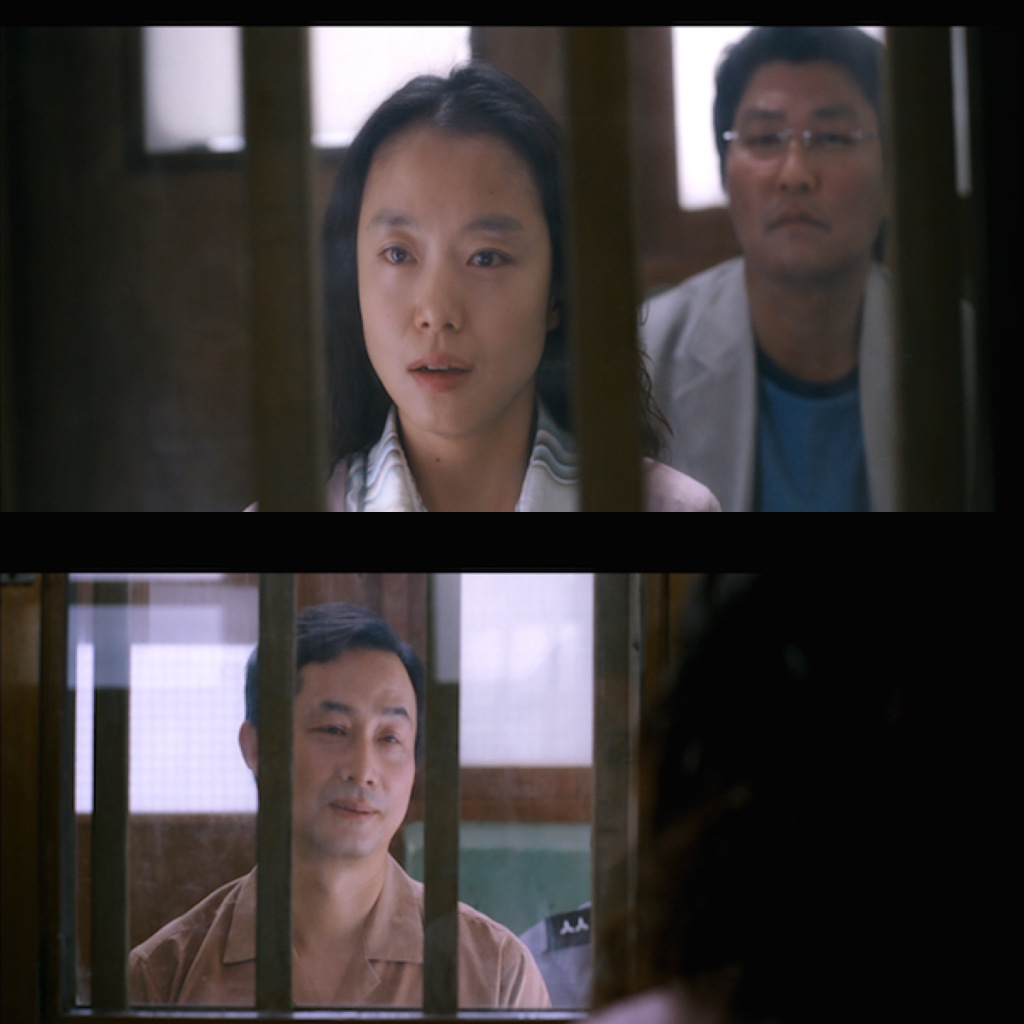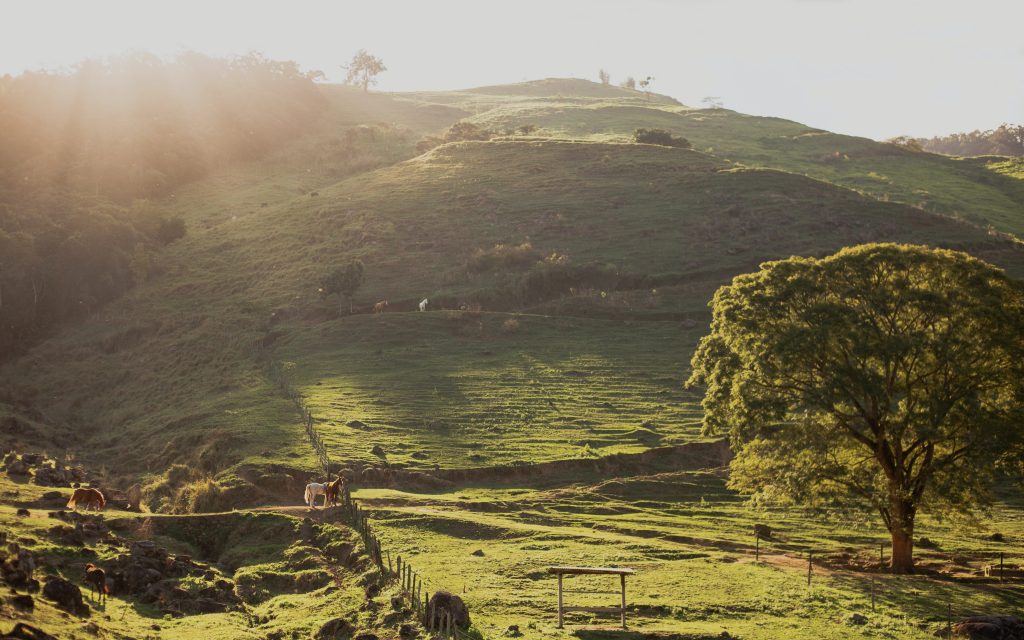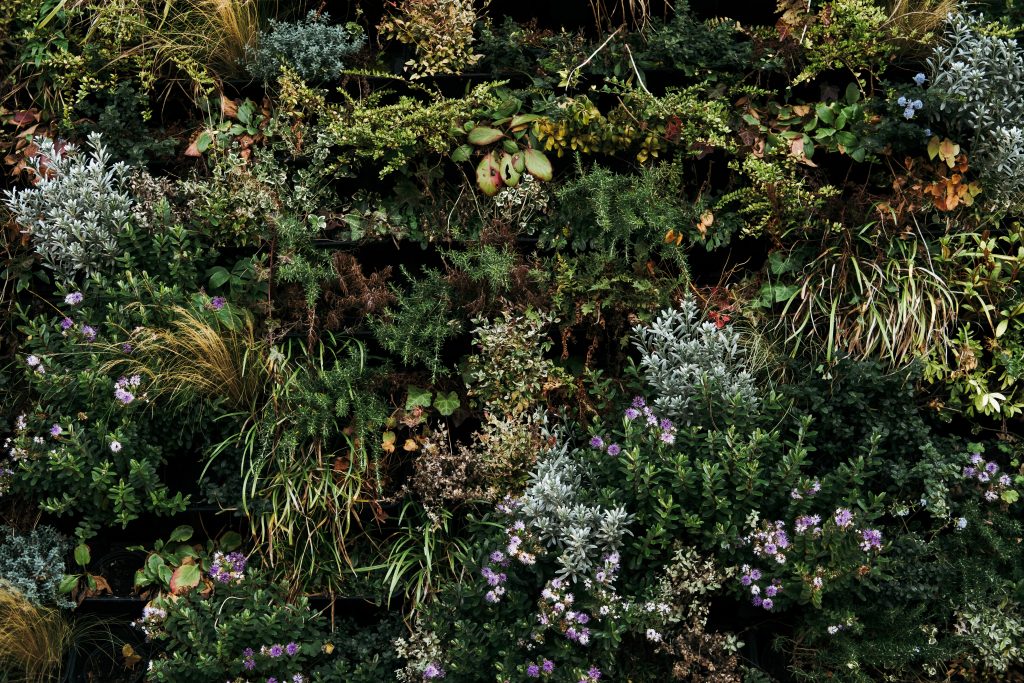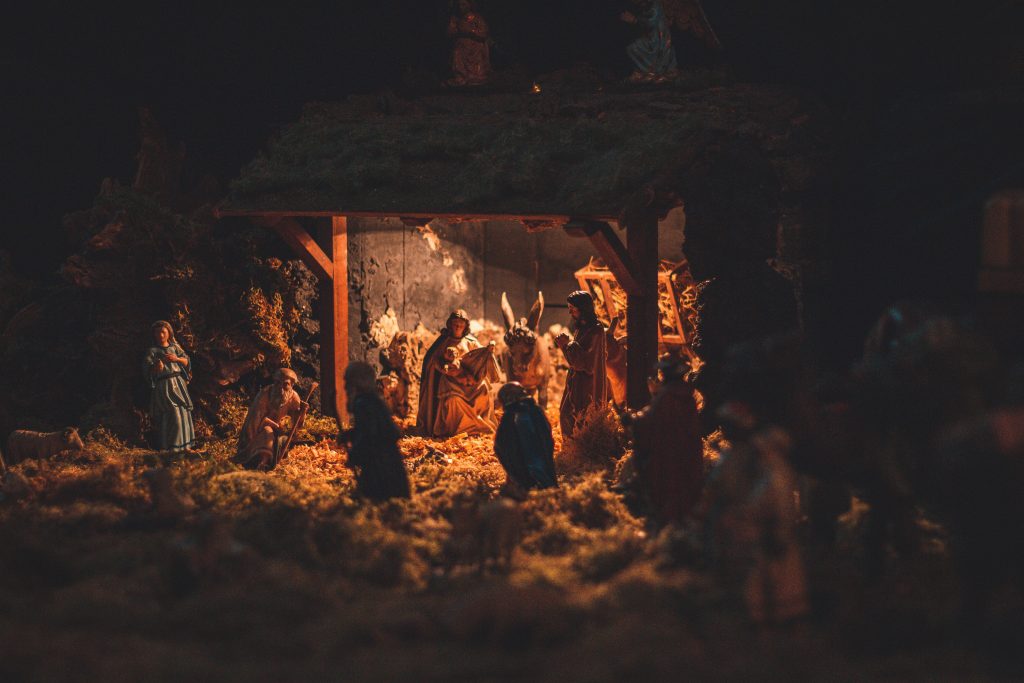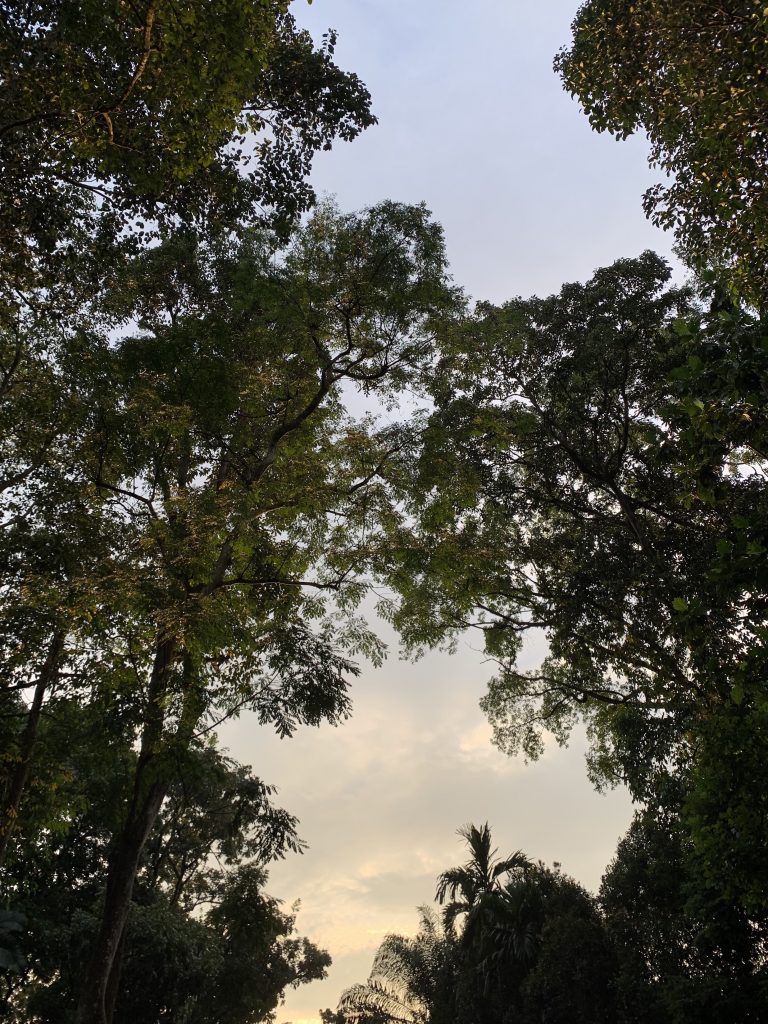
Introduction
and that will be heaven
at last the first unclouded
seeing
to stand like the sunflower
turned full face to the sun
– Evangeline Paterson
This collection of poems is the fruit of many conversations, dinners, and events held by The CICCU Englings between 2017 and 2020. The CICCU Englings are a group of English students at the University of Cambridge who gather under the auspices of the Cambridge Inter-Collegiate Christian Union (CICCU). The group’s name takes its reference from The Inklings, a literary discussion group at the University of Oxford in the 1930s and 1940s that counted such luminaries as J. R. R. Tolkien and C. S. Lewis in its membership.
The Englings gather for meals, each time bringing along poems, excerpts of literature, and Scripture for discussion, prepared in response to particular pressures each of us face over the course of the academic term. The space this opens up is intimate, allowing each of us to discuss intellectual tensions and difficulties we face in supervisions, in the works we read, or in the argumentative positions we encounter.
As Christians, we were often a small group within the English Faculty. Being in The Englings gave us the opportunity to examine the generative, symbiotic relations between our faith and our academic work. Alongside fixtures such as R. S. Thomas, John Donne, Christian Wiman, Shūsaku Endō, Gerard Manley Hopkins, George Herbert, Mary Oliver, and Julian of Norwich, we looked to scholars and clergy such as Rowan Williams and Malcolm Guite for guidance.
These conversations often served as the starting point for various events, allowing us to home in on specific, recurring themes. It was questions of doubt, restlessness, and ambiguity that came up most often. This served as the departure point from which we envisioned spaces where people could be invited to think and ponder, to read and reflect, to have the opportunity to encounter Christ on their own terms.
In the years where I was a member of the group, we organised two such evangelistic events: Resurrection Poetry at The Round Church in Lent 2018, and waiting // poetry, art, music at Pembroke College Chapel in Lent 2019. These events featured poetry printed on posters that were placed at eye level at different parts of the venues. Some poems had brief commentaries and question prompts, with pens and paper available for attendees to write down their thoughts and responses. This space to read was accompanied by poetry readings, Scripture readings, as well as musical performances.
As providence would have it, Malcolm Guite attended waiting in 2019 and revealed that he had accepted Christ as a Pembroke student in the 1970s, often praying in Pembroke Chapel itself. Later on, as an outgrowth of my interest in the poetry of R. S. Thomas, one nourished by my time with The Englings, Rowan Williams was assigned to me as my dissertation supervisor in 2020. Generous and attentive, I brought the wisdom he shared with me to subsequent Engling gatherings.
From 2017 to 2019, Madeleine Kelly and I served as the group’s representatives and spearheaded these events, assisted and supported ably by our mentor Imogen Phillips and The Englings. In many respects, this has shaped this collection, with each section a reflection of some of the poems featured in events and discussions over the course of several years. Some poems and songs by Englings themselves are included in this collection, in particular contributions by Cecily Fasham, Matt Lewis, Jacob Henstridge, Maddy Constant, Leonard Yip, and me.
The vision for an event in Lent 2020 centered on the themes of despair and hope but did not come to fruition; what remains are some of the poems we shared, especially as the pandemic entrenched physical distance between all of us.
These poems are not all necessarily ‘Christian’ in their subject matter or audience, but each bore a particular resonance at the points in time at which we read them. We hope that you will read them in this spirit of openness and allow them to bring you into a place of introspection. They have proven nourishing, edifying, and bracing for us, and we hope they prove the same for you.
Jonathan Chan
Singapore, February 2021
Poems for Englings: An Anthology [PDF]
Contents
i. Resurrection
‘i am a little church’, e. e. cummings … 7
‘The Dead Woman’, Pablo Neruda … 8
‘Good Friday, 1613, Riding Westward’, John Donne … 9
‘Anything Can Happen’, Seamus Heaney … 10
‘Food for Risen Bodies’, Michael Symmons Roberts … 11
‘Resurrection’, R. S. Thomas … 12
‘Descending Theology: The Resurrection’, Mary Karr … 13
‘The Black Christ’, Arthur Shearly Cripps … 14
‘Even Such Is Time (Verses Written The Night Before His Death)’, Sir Walter Raleigh … 15
‘A Hymn to God the Father’, John Donne …16
‘In a Green Night’, Derek Walcott … 17
‘Sympathy’, Paul Laurence Dunbar … 18
‘And that will be Heaven’, Evangeline Paterson … 19
‘pembroke chapel’, Jonathan Chan … 20
‘Blandeur’, Kay Ryan … 21
‘Design’, Robert Frost … 22
‘Wild Geese’, Mary Oliver … 23
‘The Bright Field’, R. S. Thomas … 24
ii. Waiting
‘My Bright Abyss’, Christian Wiman … 26
‘Waiting’, R. S. Thomas … 27
‘Postscript’, Seamus Heaney … 28
‘Homecoming’, Gwyneth Lewis … 29
‘Late Ripeness’, Czesław Miłosz … 30
‘Golgotha’, John Heath-Stubbs … 31
‘Gethsemane’, Rowan Williams … 32
‘Into The Light’ (excerpt), Meir of Norwich … 33
‘Lachrimae Amantis’, Geoffrey Hill … 34
‘waiting’, Jonathan Chan … 35
‘patience’, Jonathan Chan … 36
‘I wake and feel the fell of dark, not day’, Gerard Manley Hopkins … 37
Psalm 130 (NIV) … 38
‘In A Country Church’, R. S. Thomas … 39
‘Skewed Space’, Cecily Fasham … 40
‘How I Talk to God’, Kelly Belmonte … 42
‘Every Riven Thing’, Christian Wiman … 43
Habakkuk 3:16-19 (NIV) … 44
‘September Rain: A Song’, Matt Lewis … 45
‘Love’s as Warm as Tears’, C. S. Lewis … 46
‘Beannacht/Blessing’, John O’Donohue … 47
iii. Despair / Hope
‘Love (III)’, George Herbert … 49
‘Maundy Thursday’, Malcolm Guite … 50
‘Pietà’, R. S. Thomas … 51
‘Liberty’, Matt Lewis … 52
‘Hope’, Matt Lewis … 53
‘Babel’, Jacob Henstridge … 55
‘Candlelight’, Cecily Fasham … 57
‘the problem of rain’, Cecily Fasham … 58
‘I Am’, Maddy Constant … 60
‘The Age of Second Chances’, Leonard Yip … 61
‘As John to Patmos’, Derek Walcott … 62
‘A Song of Hope’, Oodgeroo Noonuccal … 63
‘Kindness’, Naomi Shihab Nye … 64
‘Metamorphosis’, Jenny Xie … 65
‘As imperceptibly as Grief’, Emily Dickinson … 66
‘”Hope” is the thing with feathers’, Emily Dickinson … 67
‘De Profundis’, Christina Rossetti … 68
‘Misgivings’, Herman Melville … 69
‘Lockdown’, Simon Armitage … 70
‘lament’, Jonathan Chan … 72
‘Prayer’, Carol Ann Duffy … 73
‘Adrift’, Mark Nepo … 74
‘hold’, Jonathan Chan … 75
‘The Instinct of Hope’, John Clare … 76
‘As Kingfishers Catch Fire’, Gerard Manley Hopkins … 77


